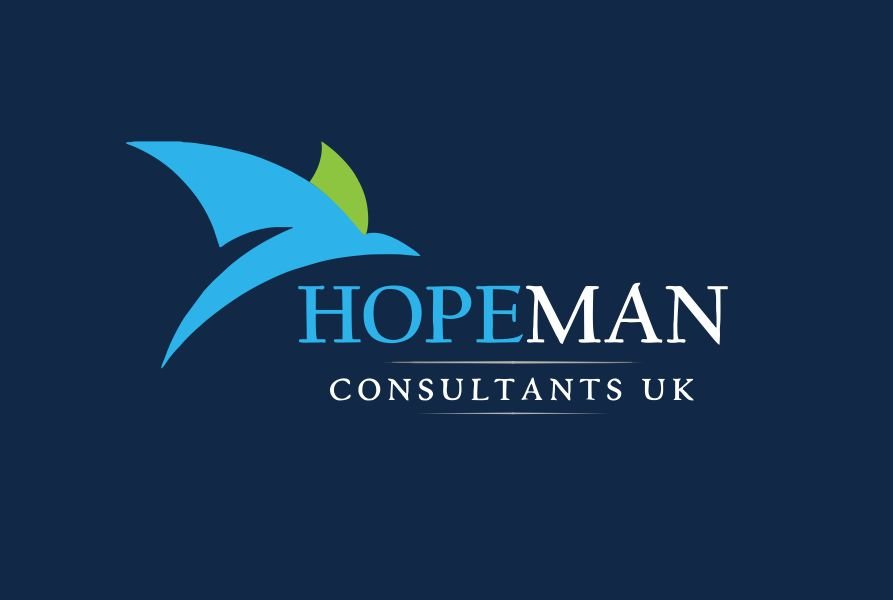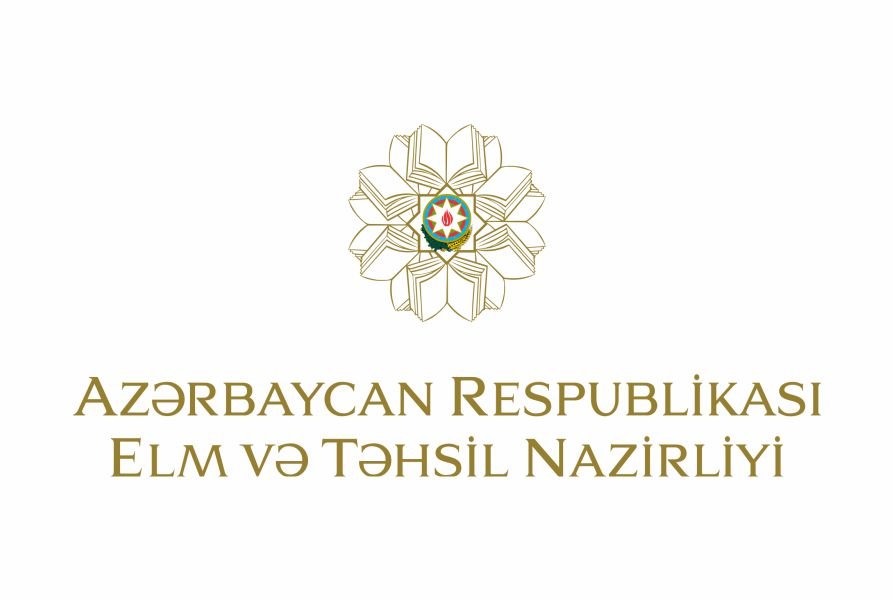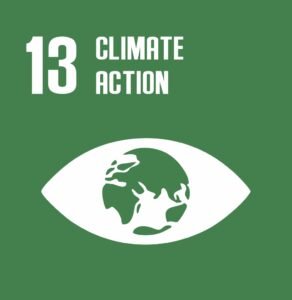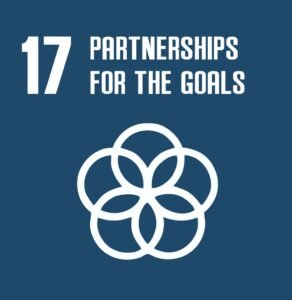



Okchuchay River


Landmine Issues across the world
A non-profit Organization
Welcome To Empowering Minds, Building Futures

Our Vision
Edball Organization is to empower individuals and communities through innovative educational programs, fostering a culture of lifelong learning and personal growth. We aim to create a world where education is accessible,

Our Mission
The mission of the Edball Organization is to provide accessible, high-quality educational resources and programs that empower individuals to enhance their skills, knowledge, and opportunities.

Our Policy
Our policy emphasizes equal opportunities for students from diverse backgrounds, promoting a safe, respectful, and supportive learning environment. We prioritize collaboration with educators, parents,

About Edball Organization
Ed Ball is a non-profit organization. The organization started its mission individually in 2017 by localizing content of the worldwide famous online educational platform. Our first project in education was the localization of the famous educational platform Khan Academy in the Azerbaijani language, az.khanacademy.org. People who decided to run this project received their education abroad and understood the value of high-quality education in their lives. The mission of every individual who joined the team was to succeed in finding the best teaching and learning methods and localization of the famous online educational resources in a native language to make high-quality education accessible for everyone despite the social status in the community. Read More
Our Services
Services By Edball Offer You The Best
Our Services
Services By Edball Offer You The Best
Our Services
Services By Edball Offer You The Best
Our Services
Services By Edball Offer You The Best
IELTS Preparation
The Edball Study Organization is a well-established educational institution dedicated to helping students prepare for the IELTS exam. experienced instructors and a comprehensive curriculum
Study Abroad
The organization offers expert guidance throughout the entire process, from choosing the right universities and programs to helping with visa applications and pre-departure preparations. ,
Translation
The organization offers professional translation services to help students and professionals accurately translate documents, research papers, and other educational
Social Media Management
Edball Study Organization excels in social media management by leveraging digital platforms to enhance its online presence and engage with students worldwide. The organization uses social
Edball
The Global Goals for Sustainable Development
Our Projects
Projects By Edball Take A Review
Our Projects
Projects By Edball Take A Review
Edball seeks to address critical issues such as poverty, access to quality education, and health services, while fostering long-term economic growth. The project also emphasizes environmental sustainability and the enhancement of local economies through skill development and resource management programs. By engaging local stakeholders, the Azerbaijan project aims to create lasting positive change and contribute to the broader development goals of the region.
Edball seeks to address critical issues such as poverty, access to quality education, and health services, while fostering long-term economic growth. The project also emphasizes environmental sustainability and the enhancement of local economies through skill development and resource management programs. By engaging local stakeholders, the Azerbaijan project aims to create lasting positive change and contribute to the broader development goals of the region.
Edball seeks to address critical issues such as poverty, access to quality education, and health services, while fostering long-term economic growth. The project also emphasizes environmental sustainability and the enhancement of local economies through skill development and resource management programs. By engaging local stakeholders, the Azerbaijan project aims to create lasting positive change and contribute to the broader development goals of the region.
Edball
Our Partners






















